I thought you might call me on that one.

I thought about using the act of placing the photo face up on a piece of carbon paper and then tracing over the image. Same general result.
So you are saying that the tracing done in Photoshop is still a photograph while the one done by hand is now a tracing instead of a photo? That seems a rather arbitrary distinction.
Do you think?
The first (the one on tracing paper) is made with a pencil, so that is not a photo. The second is a treatment of a photo. It's still made originally made with a camera, it is still the same medium (in this case digital, but still....) This is where the confusion starts I think. A classical photo, made by the lighting of some celluloid or other medium and afterwards photo paper in a dark room can be manipulated only in three processes: the shooting (e.g. by pulling and pushing, but also by the type of film), the development (time, temperature and temperament (of the chemicals)), and the printing (dodging, burning, cropping). We think all of this being photography.
Then we started to make pictures with a similar apparatus: a digital camera. In our heads and in our hearts we're still doing the same during the first process, in capturing the scene. There is no difference in analogue or digital photography, not essentially. But then the difference comes into light: we have to develop the photos in the computer, and most people don't print their photos anymore except in social media. The medium, the real print, the photo as such not longer exists! It's zeros and ones, digital information in a format we're not able to read or understand unless a machine translates it for us. As long as a capture stays on a HD or somewhere on a server it is no photo, it can't be seen as something with meaning. We have to look to the photo through our magic glass, the screen, connected to an even more magical machinery translating a heap of onezero-DNA in a picture which makes sense to our brain. The photo is very volatile, disappearing as soon as we shut the computer down. It is generated probably somewhere else in the world - as by magic - as soon as someone clicks a link, is redirected through the onezerowood to that particular sequence of zeros and ones coding for my photo and his machine translates it in something he thinks is a photo, a picture of a meaningful scene, captured by a camera as a result of bouncing light.
Comparing these two, it might seem ridiculous calling them both 'photo' at all! They are so different! But the resemblance is greater than thought. Both pictures are made with a camera, of some scene, a capture of the light at a given moment. Both can be altered, in many ways, things can be added, or even left, colours can be changed, strange effects can be added.
The 'art' of changing your photo was known by only some magicians in the early days of photography. Few had a camera, even less had a darkroom, and only some of the latter, the high-priests of photography, did strange things during development, enlarging and printing. Nobody questions their photography capabilities, or if their manipulations were part of photography. Not everybody liked it: as now, many liked the unaltered 'truth' of a photo. And there is nothing wrong with that! In the rise of digital photography cameras became ridiculous cheap, and, what is more, through democratisation of the full of photography, including development and printing, every bit of it became available for the masses. The high-priests lost their position but for some believers in 'real' photography who stuck, or returned, to analogue photography. Development developed, to great heights until development became more important than making the shot. But still.... this was not different for some in the early days....
I think this all belongs to photography. The huge change, notably in the possibilities to change your photo into something almost unrecognisable, is induced by the digital revolution, the transition from celluloid to some digital medium containing zeros and ones. In its slipstream, development changed, also because so many have access..... But still, it is photography....
Tracing paper doesn't belong to photography. Or at least my creativity has not found the use of tracing paper in photography yet....
